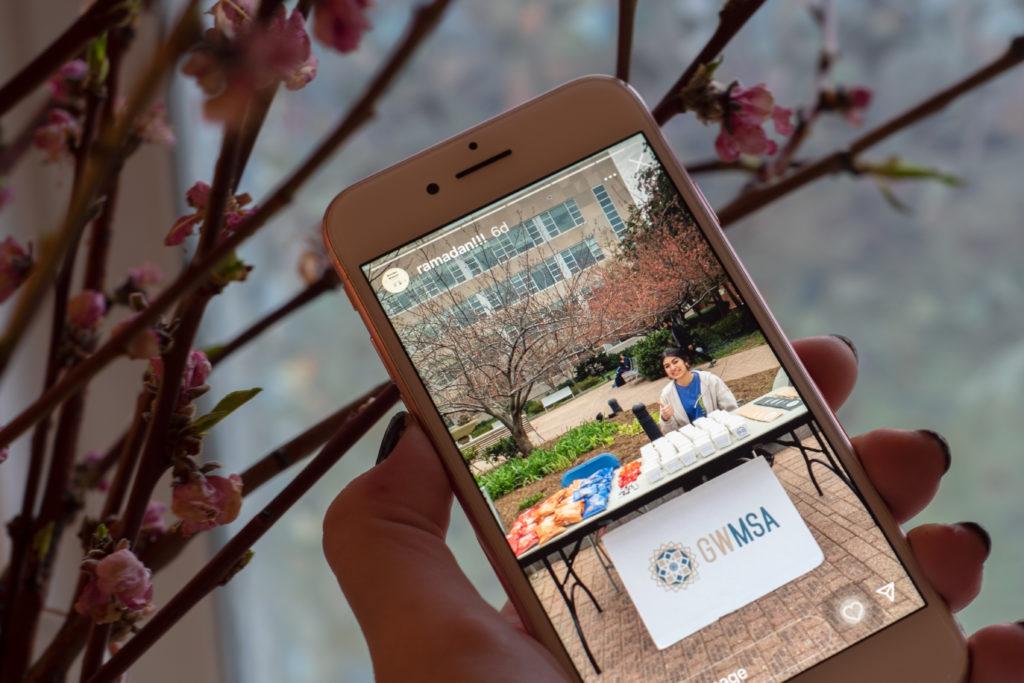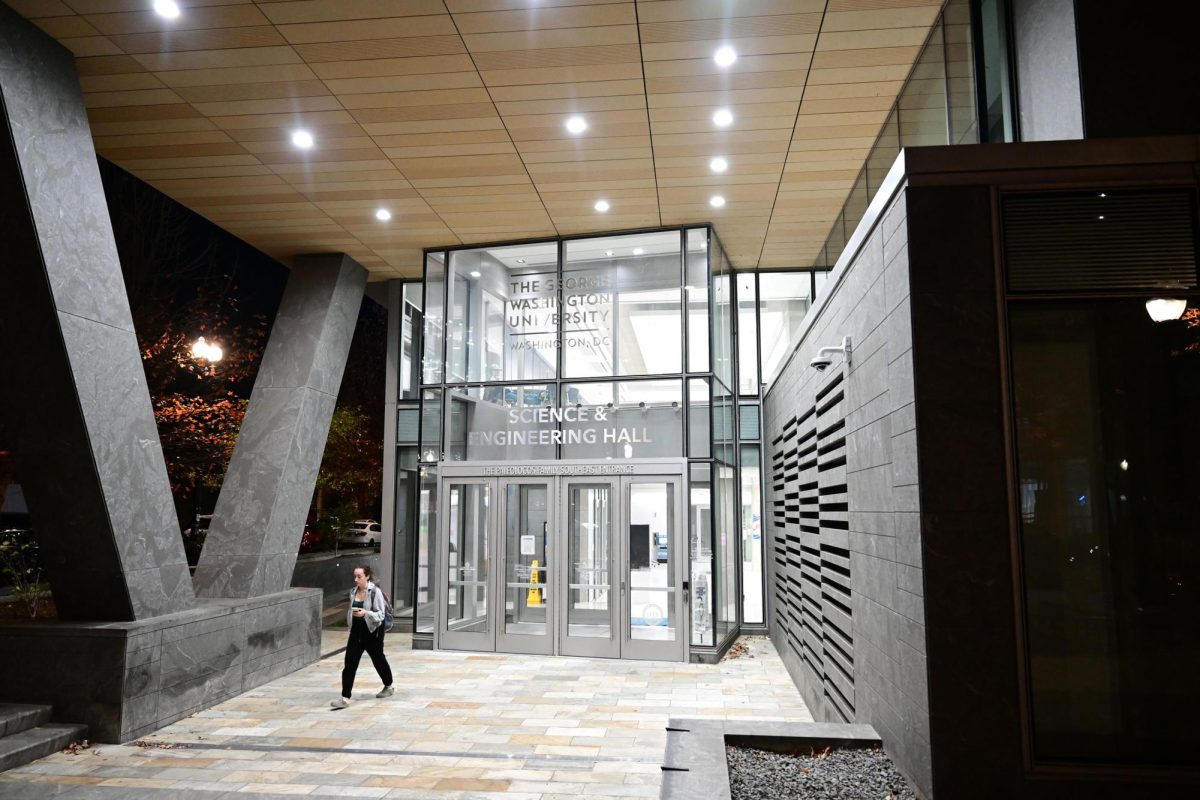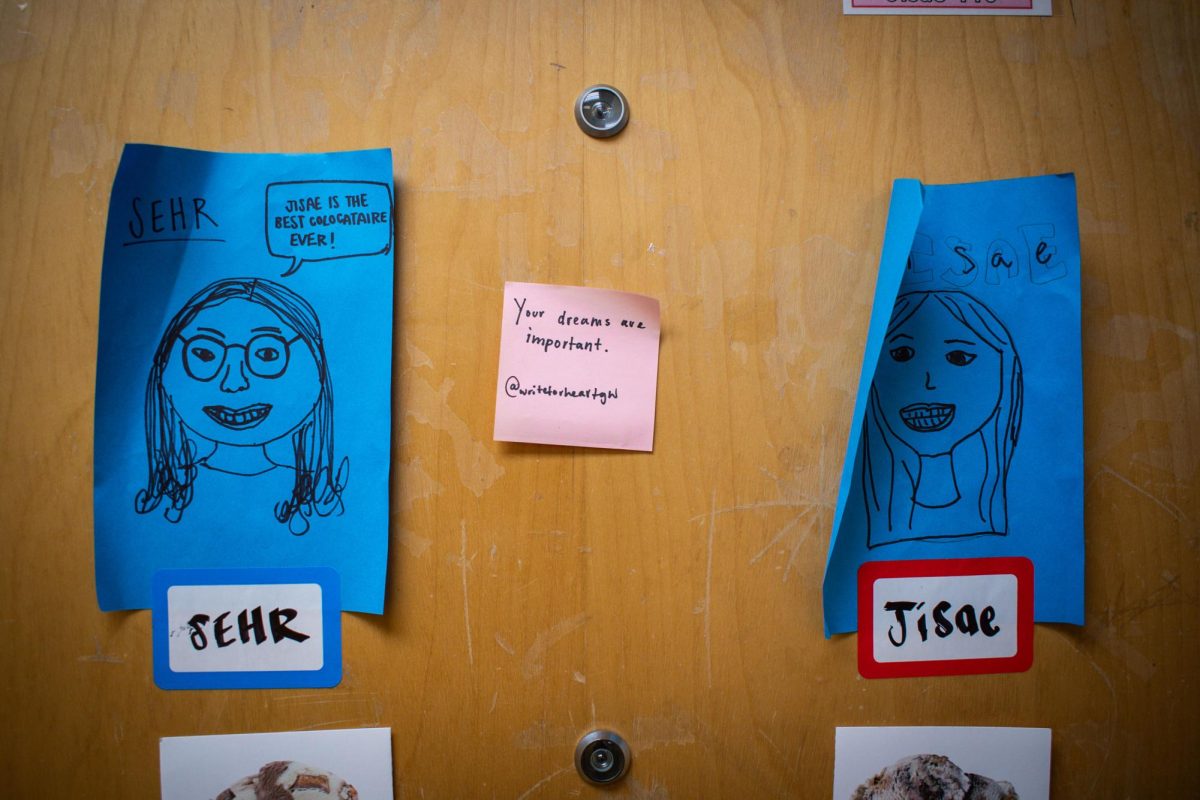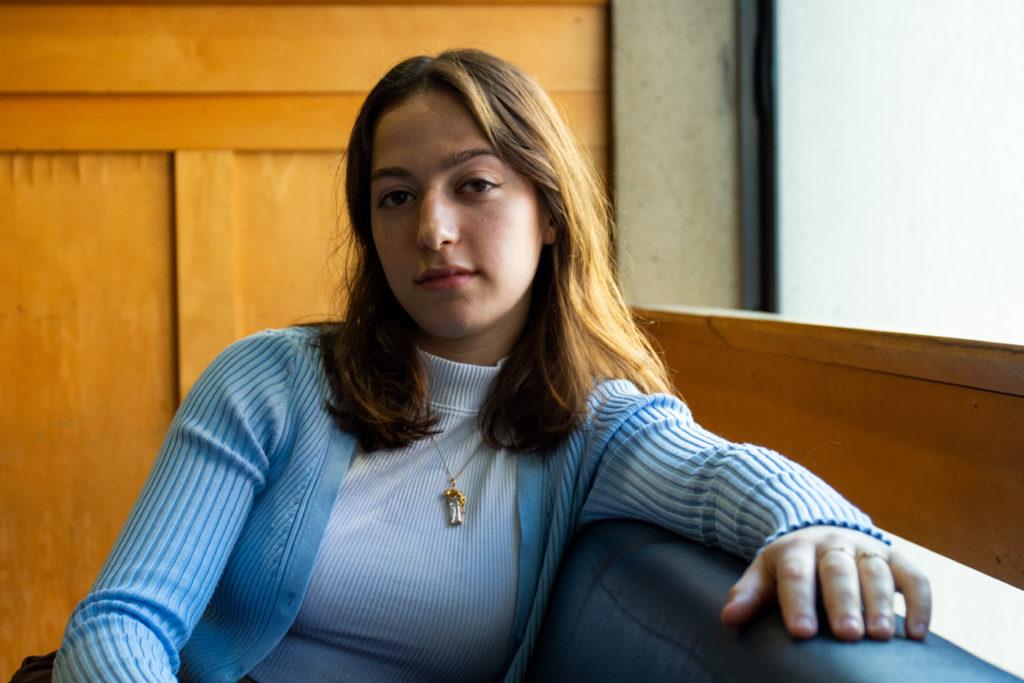Muslim Student Association leaders are celebrating Ramadan in person this month for the first time since 2019 with prayer sessions and iftars, meals eaten at sunset to break the day’s fast.
Students are gathering across campus at in-person events hosted by the MSA to celebrate the Muslim holiday of Ramadan, when Muslims partake in daily fasting from sunrise to sunset during the ninth month of the Islamic calendar. MSA leaders said they hope to foster a sense of community among Muslim students during Ramadan this spring with events like fast-breaking meals in person after the COVID-19 pandemic moved the holiday celebrations to Zoom during the past several years.
Last year, the MSA turned their programming efforts virtual with events like a kickoff ceremony and discussion sessions to help members of the Muslim community connect with one another while the student population remained off campus during the pandemic.
Sophomore Mishkat Habib, one of the MSA’s social media coordinators, said the MSA hosted the first community Iftar of the month last Monday in the University Student Center with about 150 students in attendance. She said she enjoyed seeing the University’s Muslim community come together to celebrate Ramadan on campus for the first time in three years.
“I basically saw all Muslims I had seen around campus in one big room, which was really amazing,” Habib said. “I didn’t know that there were so many Muslims at GW.”
Habib said the events are open to all students regardless of religious affiliation, and the MSA hopes to spread awareness about Muslim culture now that students can invite friends to in-person events like fast-breaking.
Habib said she is grateful for the University’s “huge” Muslim community and the support the MSA has received from students on campus who attended events throughout the month.
She said professors have allowed students to virtually attend classes – even those who usually do not offer a virtual option – because of sleep deprivation from fasting. She said professors have also granted extensions on final exams in observance of Eid-al-Fitr, the celebration at the end of the month when Muslims celebrate the breaking of their final fast.
“I know a few people have reached out to their professors and asked if they can take their final on a different day and professors have been really accommodating, so that’s nice,” Habib said.
She said the MSA’s iftar meals combine traditional and American options, with dinners ranging from Arabic cuisine to Domino’s pizza. Habib said she hopes non-Muslim students will consider participating in the Ramadan events to understand Muslim culture and help combat any anti-Islam prejudice.
“For the past three years, we’ve really been trying to be inclusive within the Muslim community and outside of it as well,” Habib said.
Sophomore Aleena Fayaz, who also serves as an MSA social media coordinator, said MSA’s event programming last year included game nights and breaking fast together on Zoom. She said the MSA created care packages for students who were observing Ramadan on campus last year, and they distributed them again this past week.
“I bring my friends from other orgs and friend groups to come with me because it’s just a time of celebration and community,” Fayaz said.
Fayaz said celebrating Ramadan, particularly fasting and isolating in college without motivation from her family can be difficult, but the return of in-person MSA events has been a refreshing experience that can foster a sense of community for Muslims on campus.
“I think that part of the struggle when you’re in college fasting is that you don’t have familial support to cook for you or to help you,” she said. “So it’s nice to be able to just come, be able to eat.”
Fayaz said learning about Ramadan from people who actually celebrate the holiday and practice the religion daily can be valuable especially for those who are not familiar with Muslim culture.
“It’s a very restorative month, much needed especially right before finals, and I’m very grateful for that,” Fayaz said. “I think everyone can relate over some sort of spirituality and belonging and that’s what our MSA provides.”
Duaah Hammad, a junior majoring in international business, said the MSA’s event for Eid-al-Fitr will allow students who cannot go home for the celebration because of finals to enjoy it in the company of others. She said enjoys utilizing the prayer room in the University Student Center, and GW should consider opening a mosque on campus like American and Georgetown universities.
“Unlike me, I live like an hour away, I can go home for Eid,” she said. “But kids here, they can’t do that.”
Alexandra Singereanu contributed reporting.








